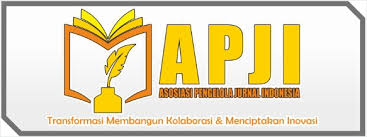Blended Learning in Post-Pandemic Classrooms: Challenges and Innovations
DOI:
https://doi.org/10.70610/edujavare.v2i2.795Keywords:
Blended Learning, Digital Equity, Educational Innovation, Hybrid Classrooms, Post-Pandemic EducationAbstract
The COVID-19 pandemic significantly altered educational practices, leading to the widespread adoption of blended learning, which integrates face-to-face and online instruction. As schools transition into the post-pandemic era, blended learning has evolved from a crisis-response tool into a lasting pedagogical approach. This study aimed to investigate the challenges and innovations in implementing blended learning within post-pandemic classrooms in Indonesia. Using a qualitative research method, the study was conducted from January to March 2025 in three secondary schools and two higher education institutions representing diverse socio-economic and technological backgrounds. Data were collected through semi-structured interviews, focus group discussions, and classroom observations involving 25 participants, including teachers, students, and administrators. The findings revealed significant challenges, such as unequal access to technology, difficulties in maintaining student engagement, and the need for pedagogical adaptation and professional development. However, the study also highlighted innovative practices, including the use of collaborative platforms, multimedia resources, and student-centered learning models that enhanced engagement and independent learning. Teachers reported a transformation in their roles, shifting from content deliverers to learning facilitators. Despite progress, both students and educators expressed the need for stronger support systems to navigate hybrid learning effectively. The study concludes that while blended learning offers flexibility and digital engagement opportunities, its sustainability depends on addressing technological, pedagogical, and human-centered challenges.
Downloads
Published
How to Cite
Issue
Section
License
Copyright (c) 2024 EDUJAVARE: International Journal of Educational Research

This work is licensed under a Creative Commons Attribution-NonCommercial-ShareAlike 4.0 International License.
License: CC BY-SA 4.0 (Creative Commons Attribution-ShareAlike 4.0 International License)









